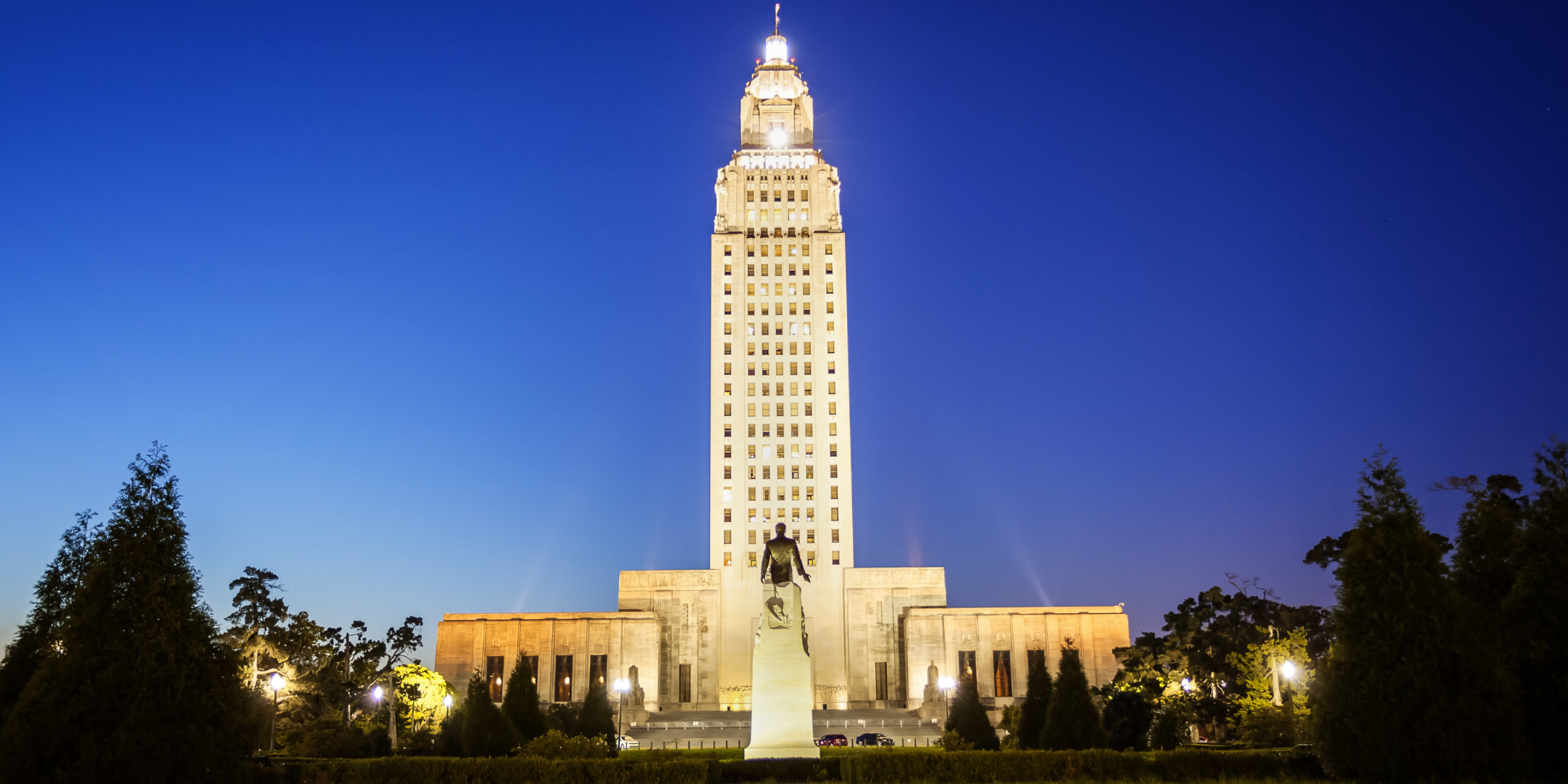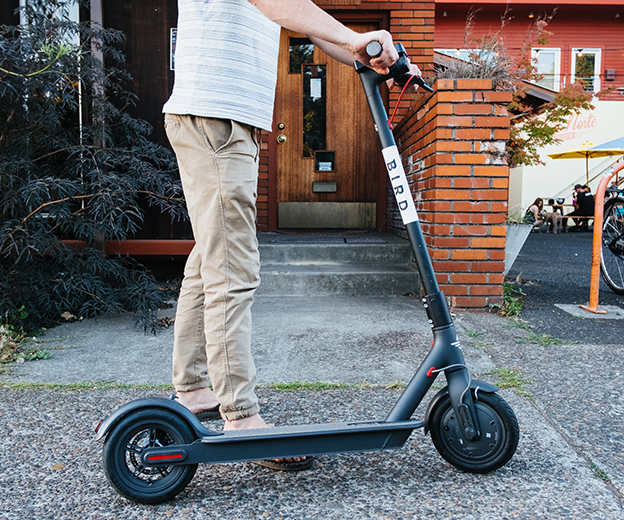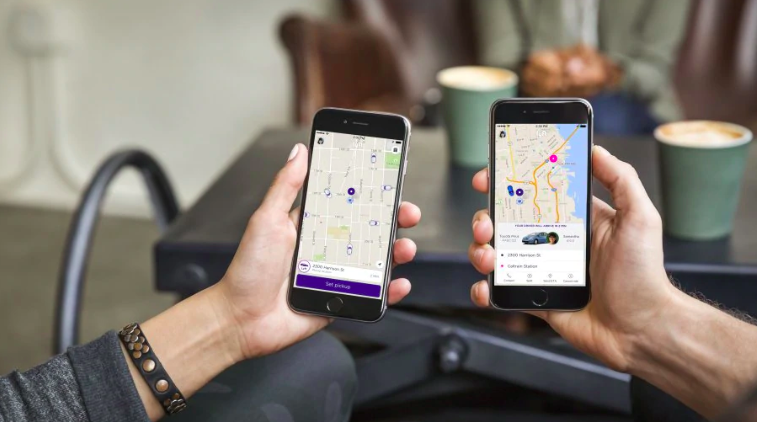TSA’s Conflict Of Interest
Reason Foundation’s director of transportation policy Robert Poole offers a compelling argument for reforming airline security. His argument focuses on the conflicts of interest faced by the Transportation Security Administration. Established after 9/11, the TSA is a federal agency having both the job of screening passengers and baggage at airports and the job of regulating airport and aviation security. In other words, the TSA regulates itself. Talk about a conflict of interest!
The Bush administration established the TSA following the terrorist attacks with the purpose of improving airport security. As Poole points out, the real problem with security at airports at the time was a matter of policy. Certain regulations allowed passengers to carry hazardous materials on board of the aircraft (box cutters, liquids, etc.). Further, passenger history and law enforcement information was overlooked. Regulation was the real flaw of the system, rather than the quality of airport security.
There wasn’t, and isn’t, a need for one cohesive federal agency that both regulates and controls airport security. Poole recommends that the TSA continue establishing guidelines for airport security. However, each airport should be in charge of carrying out its security measures. This would allow airports to privatize airline security, which would lead to significant cost savings without compromising quality.




